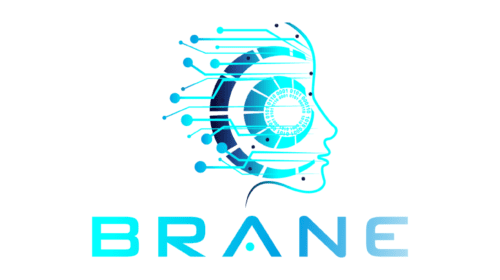The Beverly Hillbillies became rich by inadvertently shooting the ground while hunting, causing oil to rush forth. Jed Clampett was just lucky to make such a find without the help of technology or a team of professionals. The days of easy finds and easy-to-extract hydrocarbons are gone. Getting oil out of the ground is a high-tech operation that requires more education and skills than before. While many of the operational skills are learned in the field, many new technologies and skill sets must be learned in the classroom. On top of that, having a degree in engineering or geology is essential for many positions. If you are young and getting started many universities offer degrees in petroleum engineering. However, if you are a seasoned employee looking to stay current or seeking a promotion, then there are surely new skills that you must acquire before advancing.
Furthermore, Industries—especially oil and gas—are constantly changing. Continuing education is mandatory for workers to stay current with the latest developments, skills, and new technologies required for their profession.
In addition, some professions also require continuing education to comply with laws, remain licensed or certified, or maintain membership in an association or licensing body. In general, continuing education is considered a way for industry professionals to keep up-to-date in their fields, so they don’t fall behind or miss opportunities.
Professional memberships add to resumes
Luckily, getting training, learning new skills, staying on top of the industry or getting continuing education credits (CEUs) has been made simpler due to a wealth of online providers and institutions, such as the American Petroleum Institute (API). Not only does API set many standards, rules, regulations, and compliance items, it also offers accredited education to its many members, which to be a member must comply by taking CEUs.
Another major education provider is the Society of Petroleum Engineers (SPE). The society offers a petroleum engineering certification program to provide the opportunity to obtain an international credential that recognizes petroleum engineering knowledge. This kind of credential is very helpful for people who are working overseas and may need to prove their competencies to prospective employers. In addition to credential certifications, there are in-person courses and seminars, webinars and e-learnings, all of which are easy to access through membership.
Train online to save on travel and time
On the periphery, several online companies offer training and education via websites such as EKT Interactive, OilandGasTraining.com, and PetroSkills PetroAcademy to name a few of the many that are on the Internet. Sites like these can save time and travel because the courses can be done from home or office. Most have associated fees to access the educational materials, but prices are much lower than traditional schools and are designed for the working professional.
Formal and executive programs
The University of Oklahoma, Price College of Business offers an Executive MBA program to provide skills to professionals already working in the field. Professor and Executive Director of the Price College of Business Energy Institute, Dipankar Ghosh, said that the program was designed to work “in conjunction with energy professionals, the curriculum was designed so that every course is focused on the energy industry, including topics that are particularly relevant to energy industry professionals (e.g., reserve valuation and reporting), and delivered outcomes which are expected in the industry’s future leaders.”
These kinds of skills are going to be very useful as the industry quickly changes and evolves. Executives are going to have more to learn and manage, and they will require a breadth of knowledge, spanning across several areas. Professor Ghosh went on to emphasize this by highlighting that “leaders of the energy industry now have to ensure that corporate policy, investment criteria and business practices are all geared to deliver the goods and services that support their organizations’ strategic intent.”
He noted that “Continuous education – business, technology, policy, economics and their interconnectivity – will be needed for all participants in the industry, so they understand the potential evolution and long-range implications of this new complex and uncertain environment.”
Opportunities for the engineer
There are educational opportunities for the engineers and operators, too. Taking an executive MBA program in energy is “a unique opportunity to integrate business knowledge, sharpen leadership skills and better understand the management processes,” Professor Ghosh pointed out.
Never stop learning, never stop growing
After school is out and work life begins many people feel that education is done. This is a mistake because this way of thinking is not what is going to lead to promotions and exciting career opportunities down the line. Additionally, working in a dynamic industry such as oil and gas, it is important to grow with the industry and understand where it is headed so that you can be prepared to learn, develop, and grow your skill sets to stay relevant in an ever-changing industry.
Top 10 Traditional Degree Universities for Petroleum Engineering
1 University of Texas at Austin
2 Stanford
3 Texas A&M
4 University of Tulsa
5 Colorado School of Mines
6* Pennsylvania State University
6* University of Oklahoma
6* University of Southern California
9 Texas Tech
10 Louisiana State University at Baton Rouge
*Tie
Eissler, former editor-in- chief of Oil & Gas Engineering magazine, previously worked as an editor for Dubai-based The Oil & Gas Year Magazine.













